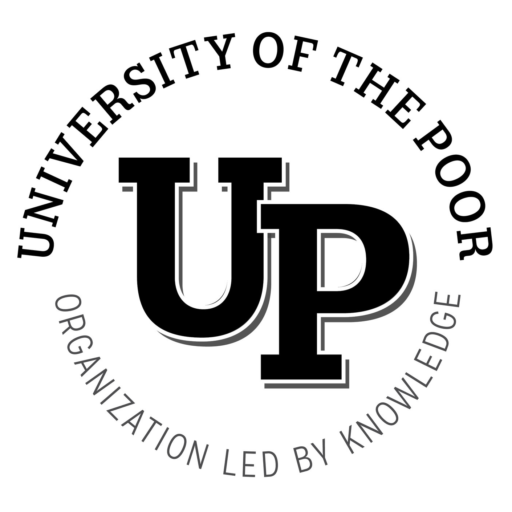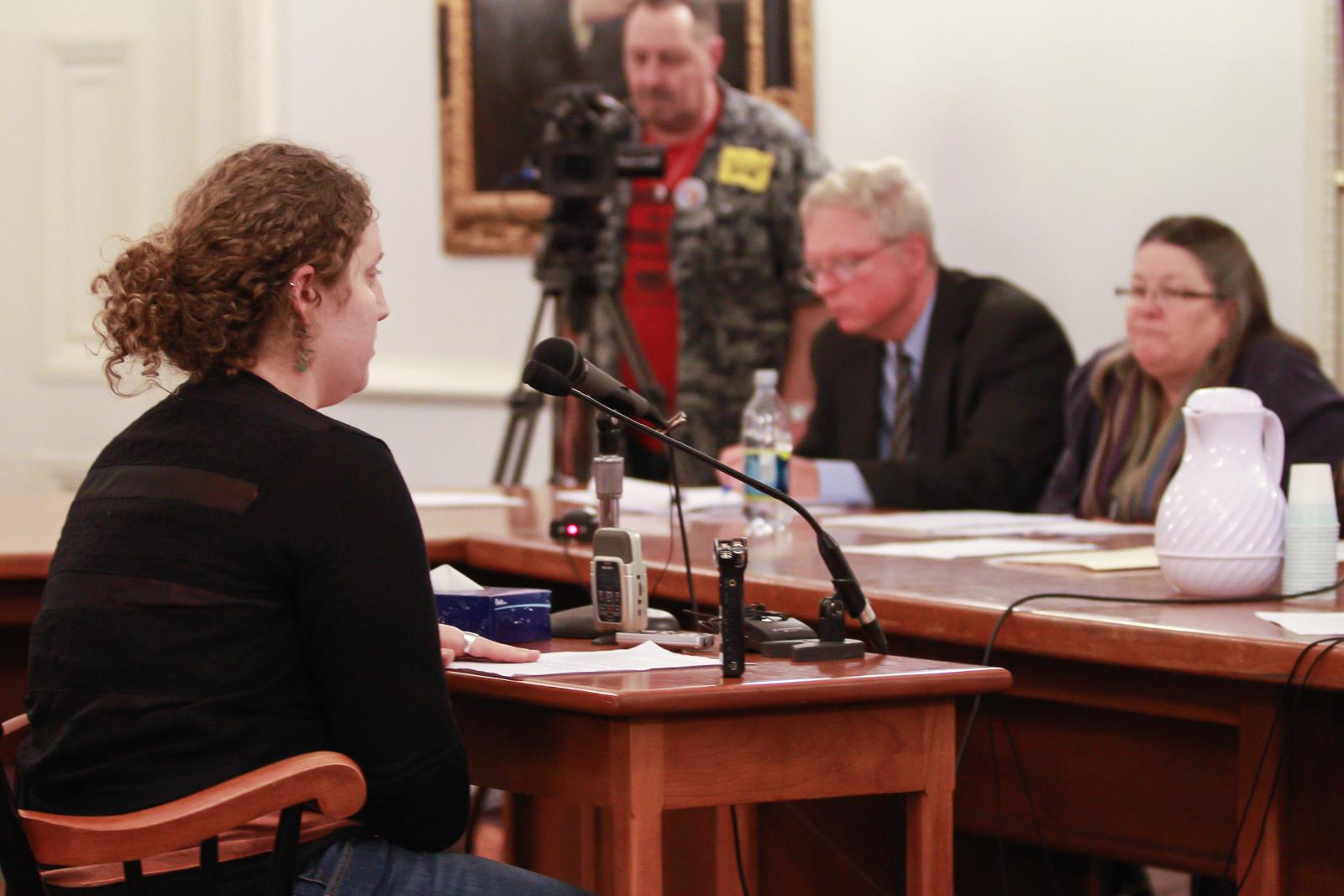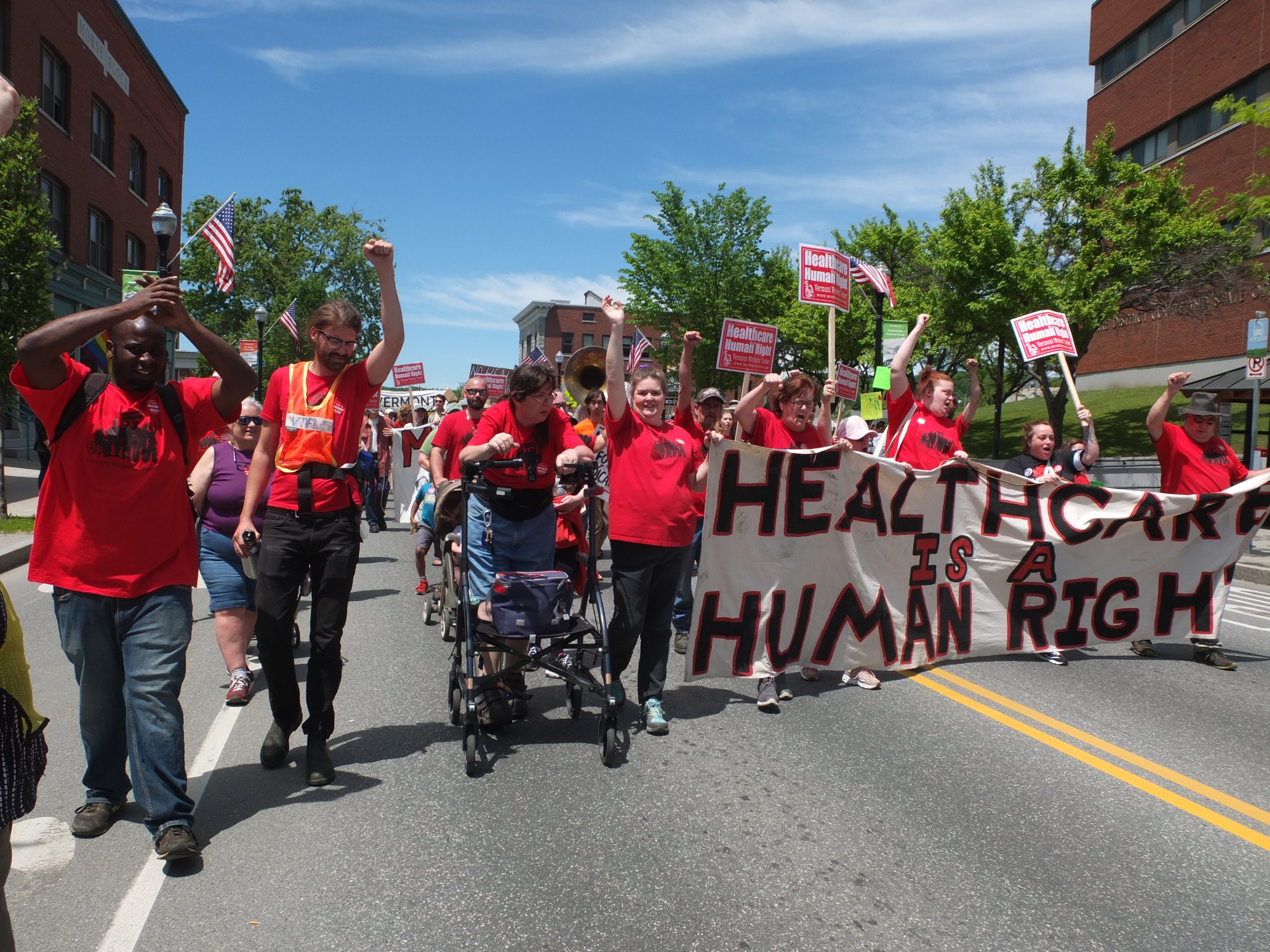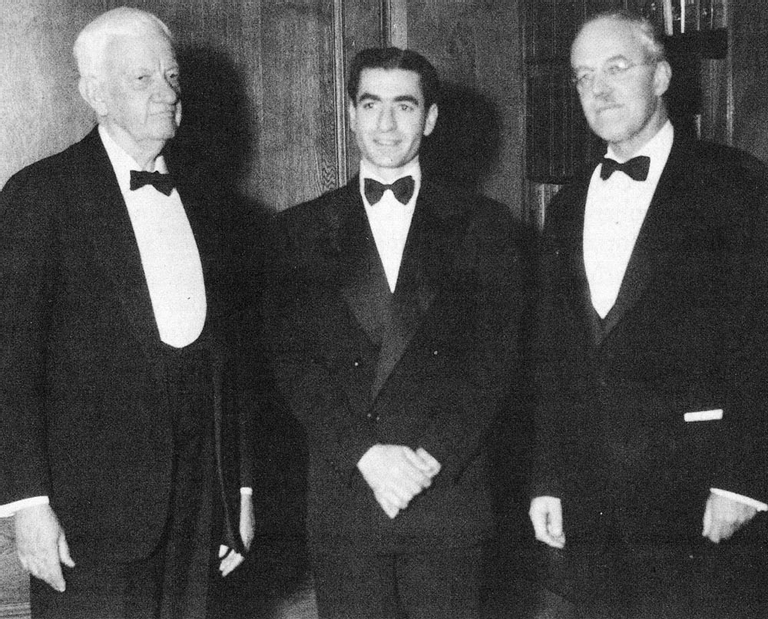by Sarah Weintraub
I remember crying on the balcony of the Vermont statehouse as the votes were tallied and our universal healthcare legislation was passed. It was the Spring of 2011 and for the past several years I had spent just about every day and all of my energy, along with so many other leaders across Vermont, building the Healthcare is a Human Right campaign. Legislation was being voted on that would commit our state to a universal healthcare system based on the human rights principles that we had laid out. We were sure that once we had a victory, other states would follow suit. The nightmare of the for-profit healthcare system would fall and the pain would be over for us, our families, and our communities. With our tears and hugs flowing, the votes were counted. Our bill passed. We thought we had won.
You might know the story. Our opponents immediately got to work on a multi-pronged corporate counter-offensive and within a few years that victory was taken right back from us. The right wing of the ruling class poured an unprecedented amount of cash into the 2014 state legislative races, explicitly targeting and unseating legislators who were seen as healthcare champions. This left a deeply chilling effect in the State House, with very few willing to step out in front on implementing the universal healthcare law. Meanwhile, the liberal wing of the ruling class moved to co-opt and redirect our grassroots organizing through foundations and “progressive” groups that were loyal to the Democratic party and the status quo.
Ultimately, the same Democratic governor who had made his name on a platform of universal healthcare bent to the will (and dollars) of the healthcare industry and corporate profiteers. He and the Democrat-controlled legislature refused to fund the new healthcare system, keeping it on the books, but essentially frozen. In the meantime, they also began to advance an austerity agenda, pushing through deep cuts to social welfare that would have been impossible under a Republican governor.
At the time, we thought we were up against the opponents of universal healthcare in Vermont – the state chambers of commerce and the local lobbyists for the private hospitals and insurance companies. In reality, we were up against all of Wall Street and global capital, which recognized the potential for our victory in Vermont to be a crack in the dam of the private healthcare industry and the idea of healthcare for profit. With no universal healthcare system, and a new budget that gouged support for mental health as well as welfare for the poorest families in Vermont, we were faced with a daunting question: had we really won anything after years of unrelenting organizing?
Almost a decade later, I realize that the answer is yes, though not in the way I had thought that day on the balcony of the statehouse. No, we ultimately hadn’t won universal healthcare yet. But these years later, when we recognize ourselves as leaders of the class of poor and dispossessed people in a struggle against the class that exploits us for their gain, we realize that what we won are the only things we can really win in this early stage of building a mass movement of the poor. We won each other as committed leaders in the struggle; we won a statewide organization that was built through the healthcare campaign and continues to organize poor folks across Vermont for a genuine vision of healthcare as a human right; we won relationships, in particular to this University of the Poor network; and we won lessons, many hard-earned lessons, that continue to shape us and others as revolutionaries.
We know, as the old slogan of the National Union of the Homeless says, that we only get what we are organized to take. At this moment in history, our class overall is very disorganized. What we are “organized to take” essentially amounts to the crumbs that are convenient and strategic for the ruling class to toss us to maintain their dominance and ability to profit from our pain. We have to realize that we can’t actually win anything until we win everything. I mean this literally – anything we win can be taken away at any time until we have actually won power over the wealth and resources of the world and reshaped how they are organized and distributed. Winning something at this point, even something that feels as huge as universal healthcare, only matters as much as we can use that victory to build leaders and the kind of organization that can someday allow us to force, as Rev. Dr. Martin Luther King Jr. once put it, a fundamental “redistribution of political and economic power” in this country.
To really take the slogan of the NUH seriously, our campaigns, and even the building of our organizations, need to be understood not as the whole task, but as vehicles in a larger strategy to win that redistribution of power. We must orient all of the activity of our campaigns – the base-building, relationships, and political development that we engage in – toward identifying, developing, training, preparing, and connecting leaders to join and guide a revolutionary process. We can’t get confused and sacrifice the development of these leaders, of deep organization and relationships, for a short term win on a campaign. The whole point of our campaigns needs to be the political development, unity, and organization of our people! Our campaigns, and the struggles that are waged through them, need to be a school, a training ground, for ourselves, the leaders we are already connected with, and so many more.
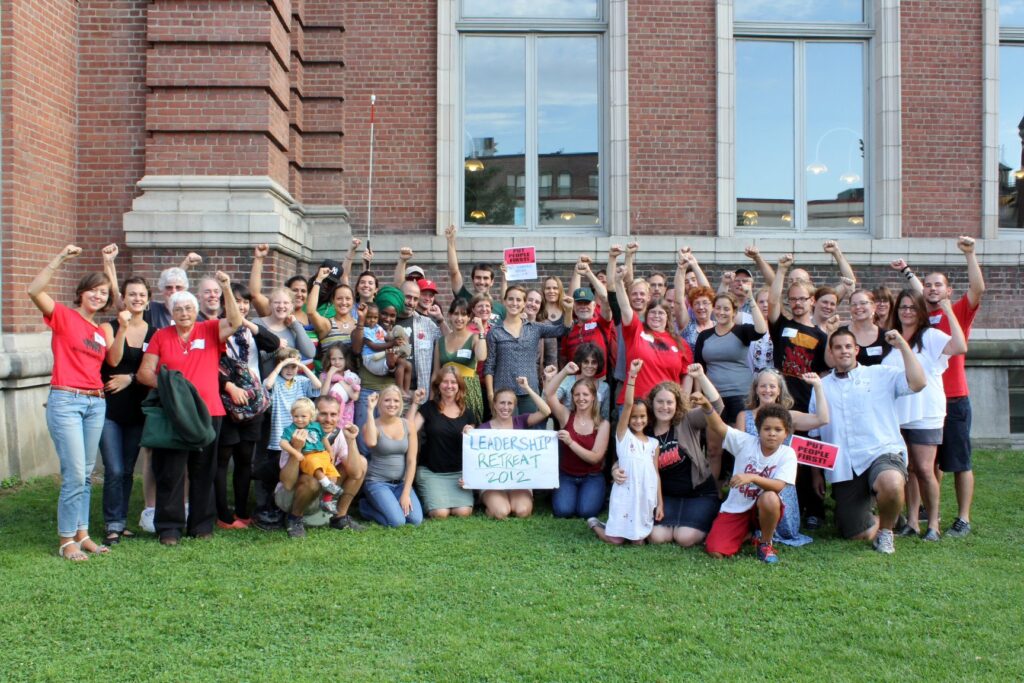
Yet everywhere we look, reforms and concessions are defined as the end goals of the struggles of the poor and dispossessed. An enormous amount of organizing activity is funded by the foundations of the ruling class to engage the poor in fights for the things that we really do need – health care, housing, better pay, drivers licenses – but only as concessions that leave the existing class system intact. We are told to do things like political education, processes of reflection, and relationship building only as much as they help us win immediate campaign goals, disregarding and often even undermining the potential to develop politically independent leaders of the poor and dispossessed. This is not an accident; we often end up organizing ourselves in these fights under the tactical and strategic leadership of the ruling class even as we imagine we are organizing against them.
In the last issue of the Journal, Dan Jones wrote that “in the end, political independence for the poor and dispossessed means that class’ ability to fight for independent control over state power.” The demands of our people for our fundamental needs are necessary and they are the right ones. But we need to understand that anything short of a redistribution of power offers no real, lasting solutions to those demands. We need to fight our campaigns in a way that moves us towards being able to win political independence and power at the same time as we fight for food, shelter, healthcare, voting rights, a clean environment, and all of the other things we need.
To develop that political independence, we must move beyond organizing the poor and dispossessed into campaigns and formations that leave the development of clear leaders and more unified organization to the side in favor of short-term “wins.” To really make the struggle a school, to point ourselves fully towards the development of our leaders, will require us to uproot the pragmatism we are all steeped in that pushes us into a process of mobilize, win or lose, rinse, and repeat. Turning instead to a methodical process of developing revolutionary leaders means that we might work for months and even years without feeling like we are making “progress” and that critics will say our work is not “radical” or “effective” enough. It also means we need to take both the classroom and the class struggle seriously – committing to deep historical and theoretical study alongside the day-to-day organizing of our class.
When we are oriented to the struggle as a school, there is so much we can learn and teach as we go into battle with the members of our class. Campaigns and short-term struggles have the potential to be like honing steel, sharpening us with every action we take. But banging a knife on steel with no direction will not sharpen it’s blade. We have to have space for reflection and an openness to learn. We have to help people situate our struggles in a context of political economy and the lessons of history. We have to connect our people, organizations, and ourselves with other fronts of struggle, so that we can all see ourselves as leaders of an entire class. We have to take people seriously and help them to take themselves seriously, by making real commitments to them and by helping them make their own political commitments. We also have to collectively show up and care for each other so that we don’t lose our leaders to the many crises raining down on us, or to the direct and indirect attacks coming from our opponents. We will experience advances, but also, as we learned in Vermont, painful retreats. We can’t give up or get disoriented in these moments; we have to instead use them to sharpen ourselves and those around us.
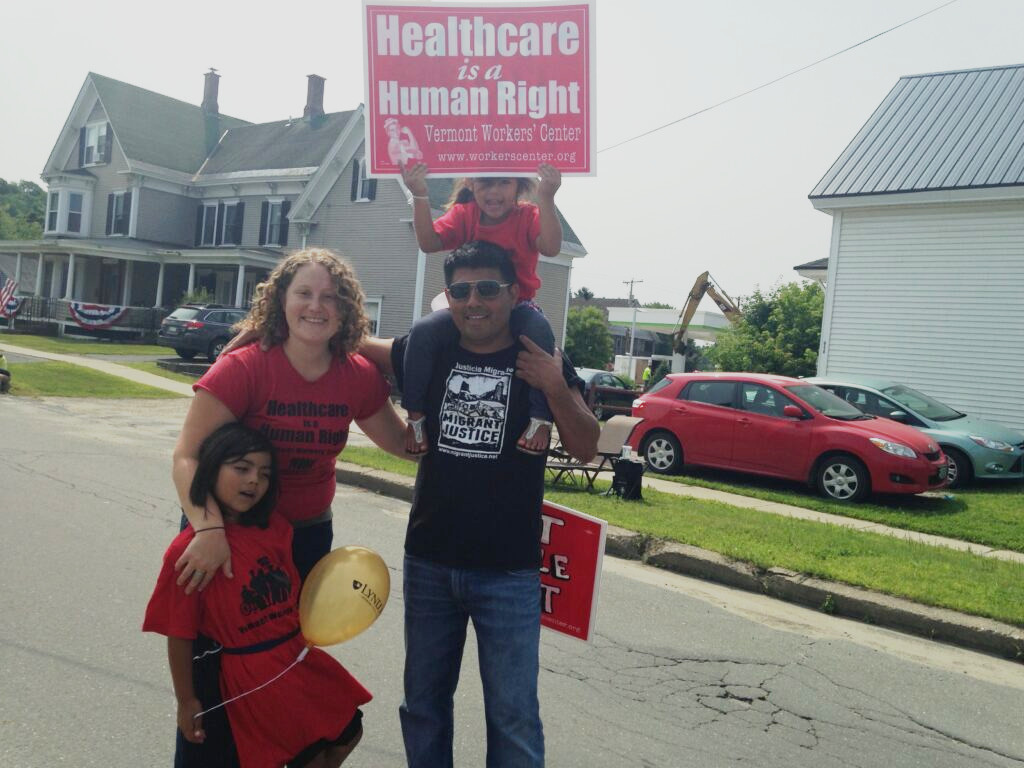
For me, the Healthcare is a Human Right Campaign in Vermont was my very first school. We are still unpacking the many lessons from that experience and likely will be for a long time to come. But perhaps the greatest lesson is that we needed more political independence, clarity, and competency than we had developed at that point, as well as an organization that could hold us together and reach and win over other poor folks across the state. Instead, we were overpowered and outmaneuvered. Luckily, others in our network have helped us make a school out of that struggle, and we have moved forward with a deeper level of clarity on this key link. Now, leaders in our network are bringing this and other lessons to bear in their organizing of the poor and dispossessed in Vermont and beyond, and these lessons are front and center in my mind as I help to build Vecinos Unidos and the Poor People’s Campaign in my new home in Wisconsin.
These organizations may rise and fall and we may win or lose our specific campaigns. But we are now better positioned to navigate these advances and retreats with an ever-growing cadre of leaders so that eventually what we are “organized to take” is everything.
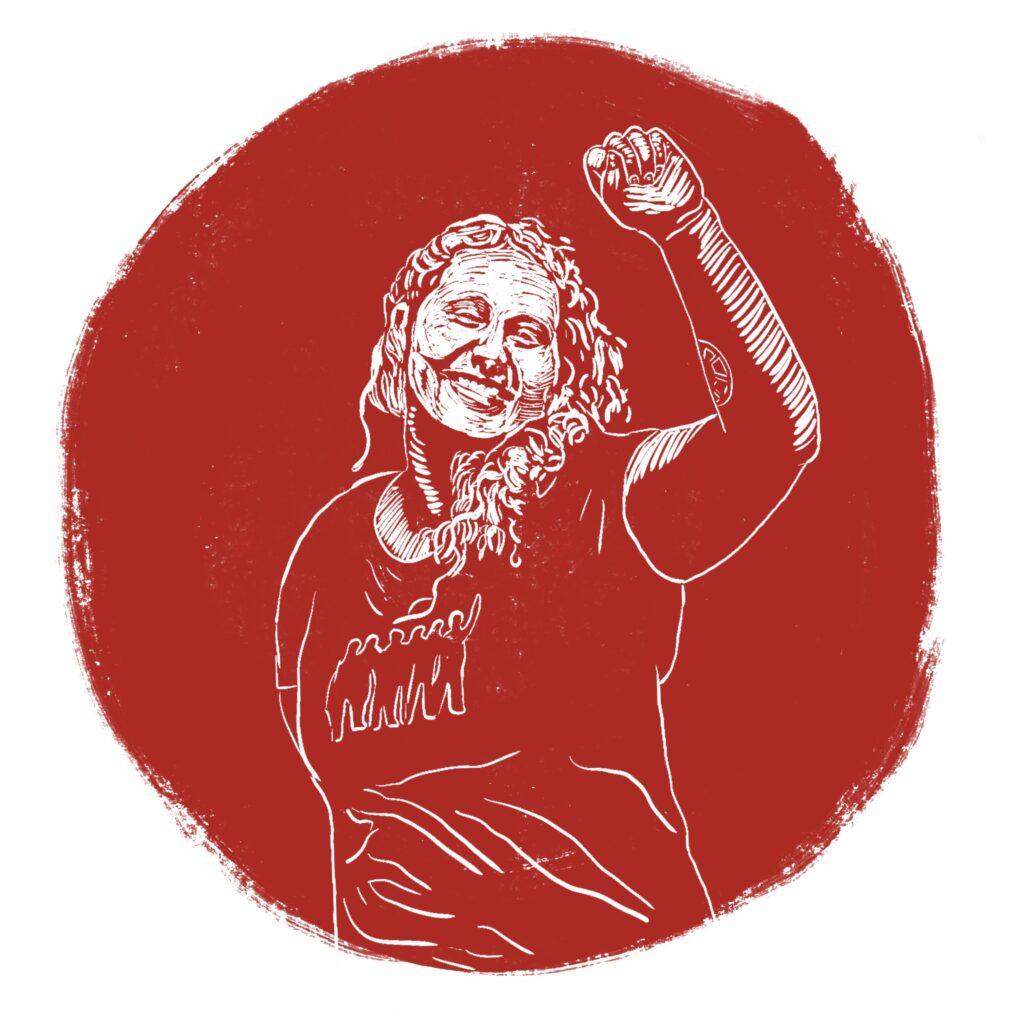
Sarah Weintraub (she or her) is a mother and organizer. She came into the movement to unite the poor and dispossessed when she filled out a survey about her own struggles to access healthcare as part of the Vermont Workers’ Center’s Healthcare is a Human Right Campaign in 2008 and joined her local organizing committee. She began organizing around the state, particularly in the rural Northeast Kingdom counties of Vermont. Since 2014 she and her family have been living in Milwaukee, Wisconsin where they have helped create a garden and organizing space in their neighborhood on Milwaukee’s South Side called el Jardín del Pueblo, or the People’s Garden. Sarah is a tri-chair of the Wisconsin Poor People’s Campaign: A National Call for Moral Revival.
